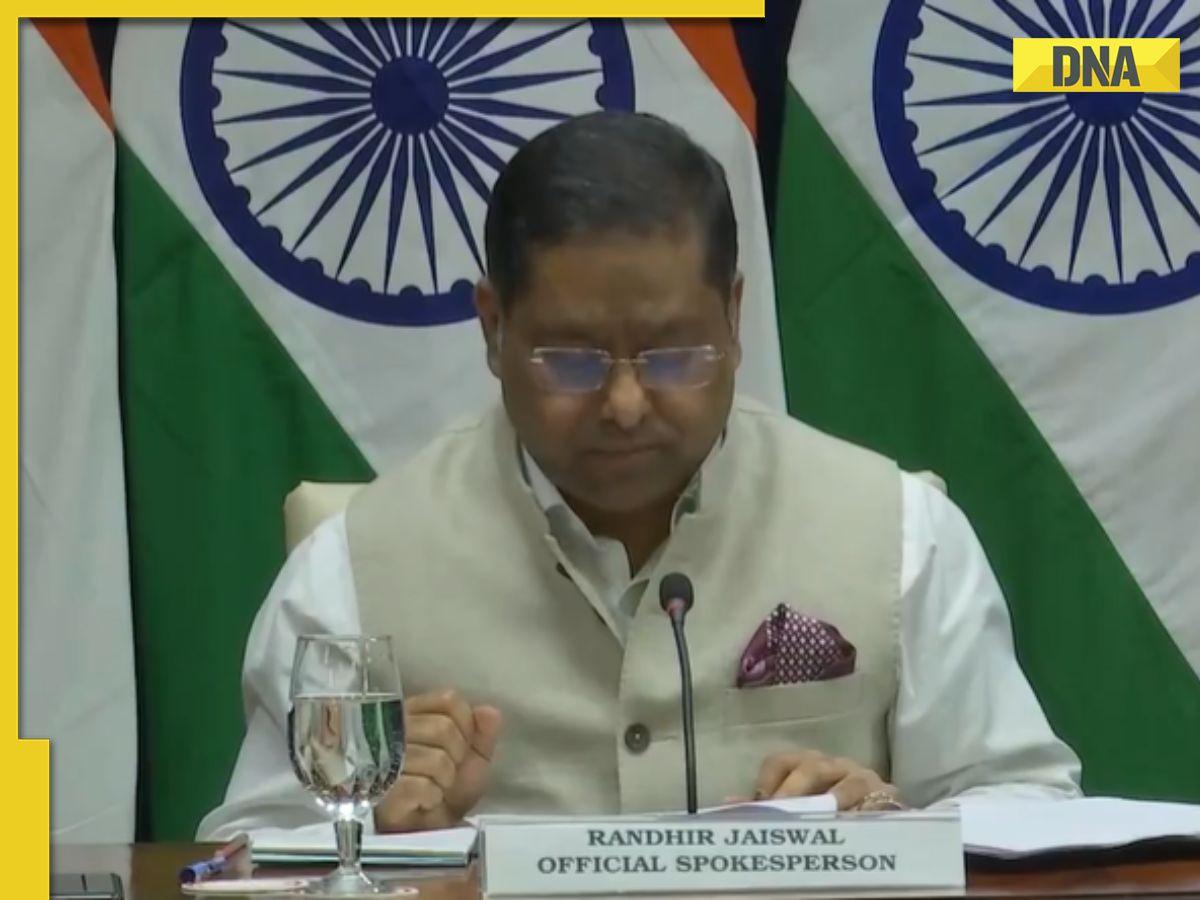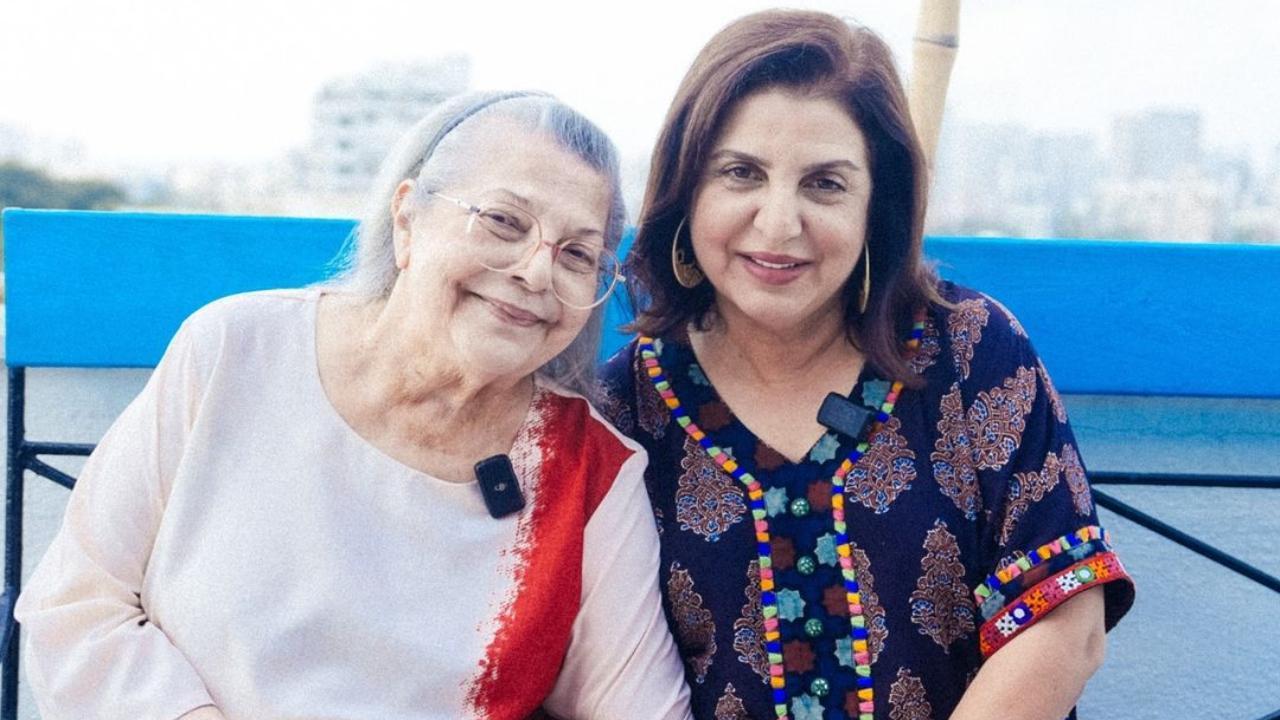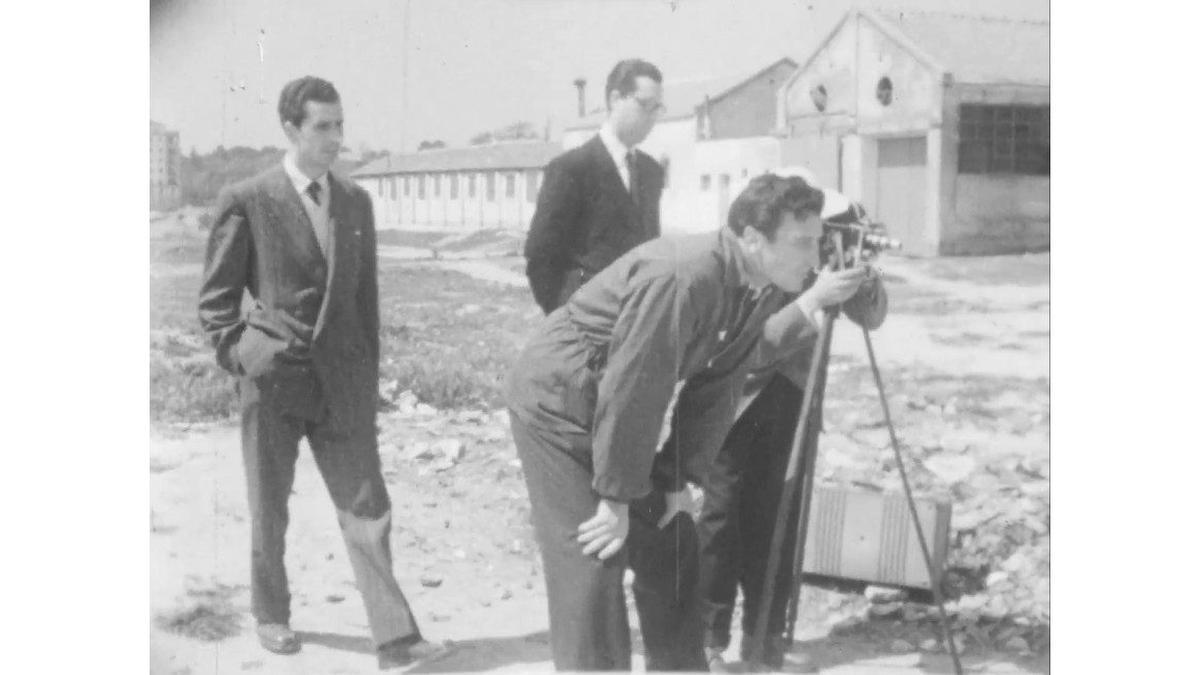
India has reiterated its firm support for the Palestinian quest for statehood and the two-state solution, especially in the wake of several European countries’ decisions to recognize Palestine. This stance was articulated by Randhir Jaiswal, spokesperson for India’s Ministry of External Affairs, during a weekly press briefing on Thursday, May 30.
Jaiswal opened his statement by highlighting India’s long-standing support for the Palestinian cause, noting, “India was among the first countries to officially recognize the state of Palestine back in the late 1980s.” He emphasized that India remains steadfast in its commitment to the creation of a “sovereign, viable, and independent Palestine that coexists peacefully with Israel.”
This reaffirmation comes on the heels of landmark decisions by Spain, Ireland, and Norway, which have recently moved to officially recognize the state of Palestine. These European nations are hopeful that their recognitions will serve as a catalyst for renewed international efforts to achieve peace in the region. Ireland’s Prime Minister Simon Harris stressed that while the initial plan was to recognize Palestine at the end of a peace process, the current move aims to sustain the hope for peace. He also urged Israel to address the ongoing humanitarian crisis in Gaza more effectively.
Turning to the situation in Rafah, a city in southern Gaza that has recently witnessed significant tragedy, Jaiswal expressed deep concern for the loss of civilian lives. “The heartbreaking loss of civilian lives in the displacement camp in Rafah is a matter of deep concern. We have consistently called for the protection of the civilian population and respect for international humanitarian law in the ongoing conflict,” he stated. Jaiswal also pointed out that Israel has acknowledged the incident as a tragic accident and announced an investigation into it.
Norway’s Foreign Minister Espen Barth Eide described the recognition of Palestine as a “significant milestone” in Norway-Palestine relations. In Spain, Prime Minister Pedro Sanchez insisted that their decision to recognize Palestine is critical for peace and stressed that it is not directed against Israel.
. Instead, Sanchez contended, it is a step towards ensuring that both Israeli and Palestinian states can live in harmony and security.
However, Israel has sharply criticized these European recognitions, arguing that they implicitly support Hamas. The Islamist militant group is widely blamed for the brutal attack on Israel on October 7, an event that triggered the ongoing hostilities in Gaza. Israeli Foreign Minister Israel Katz accused Spain of being complicit in “incitement to genocide against Jews” by recognizing Palestine.
Back in India, the Ministry of External Affairs also conveyed its concerns regarding the tragic incidents in Rafah. Israeli airstrikes there killed at least 45 Palestinians, many of whom were already displaced. These strikes on the displacement camp have been strongly condemned globally and led to an outpouring of international outrage, with the hashtag “All eyes on Rafah” trending widely on social media.
Jaiswal reiterated India’s consistent plea for the protection of civilians in conflict zones and adherence to international humanitarian laws. He emphasized that Israel’s acceptance of responsibility and its pledge to investigate the Rafah incident are steps that underscore the urgent need for measures to protect civilian lives amidst the ongoing conflict.
“The tragedy in Rafah highlights an urgent and pressing need for all parties to take necessary measures to ensure the protection of civilians,” Jaiswal remarked. He called for a collective international effort to ease tensions and pave the way for a peaceful resolution to the conflict, aligned with the aspirations of the Palestinian people for an independent state.
In conclusion, India’s renewed commitment to Palestinian statehood reflects its long-standing policy and the global call for a peaceful resolution to the Palestinian-Israeli conflict. As many nations continue to voice concerns and take steps towards recognizing Palestine, the international community awaits substantive actions that will bring tangible progress toward achieving lasting peace in the beleaguered region.










